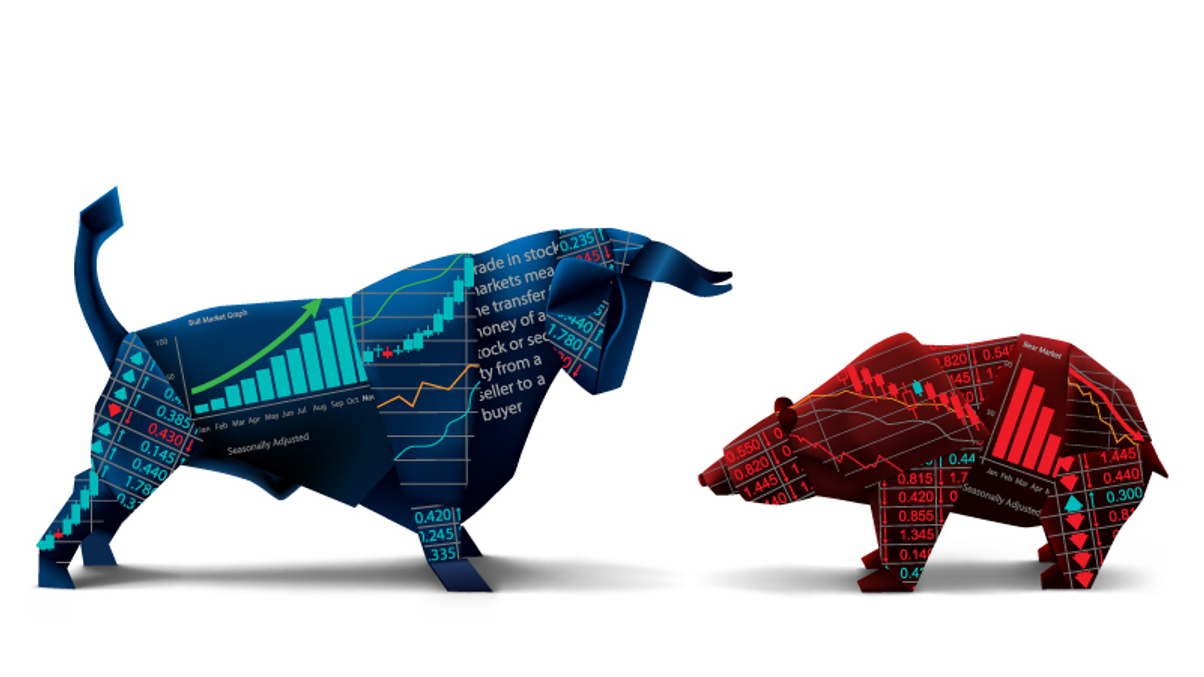Year of the Ox reflections: How emerging markets were eclipsed in 2021
China's regulatory crackdown, the Omicron outbreak and a bull-run in developed markets created the perfect storm for emerging markets. Will the sun break through in 2022?

Every Chinese New Year, AsianInvestor makes 10 predictions about the economic, political and financial developments that could impact global markets and asset owners.
Sign in to read on!
Registered users get 2 free articles in 30 days.
Subscribers have full unlimited access to AsianInvestor
Not signed up? New users get 2 free articles per month, plus a 7-day unlimited free trial.
¬ Haymarket Media Limited. All rights reserved.


